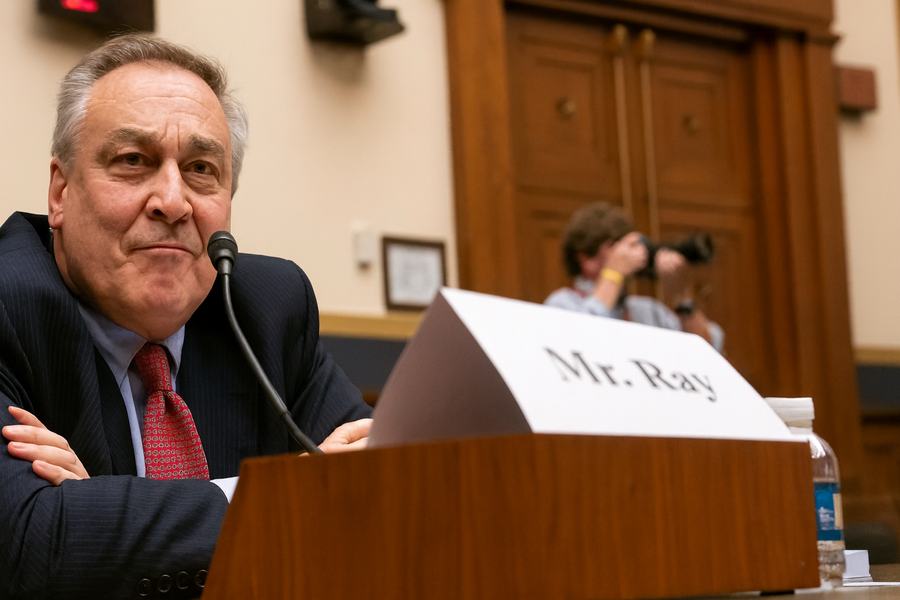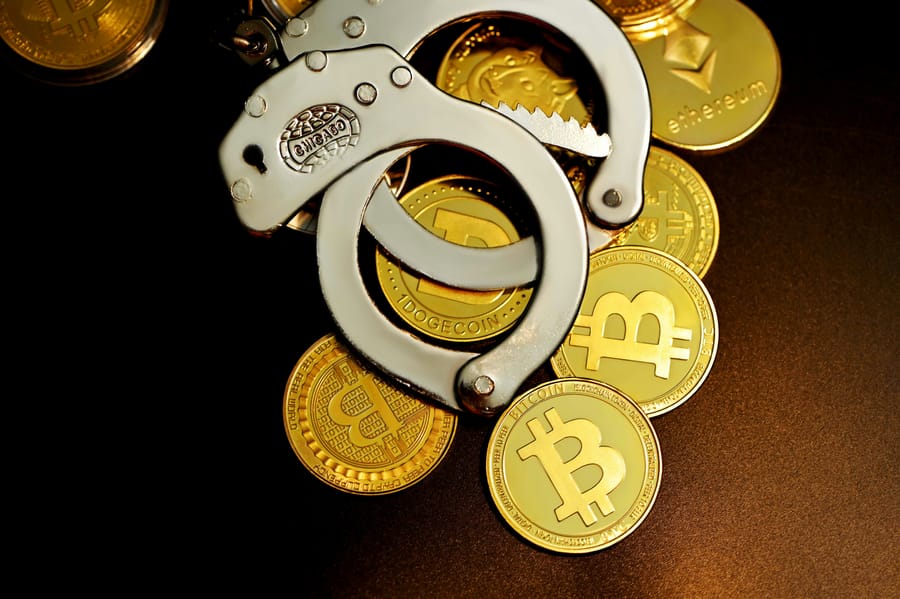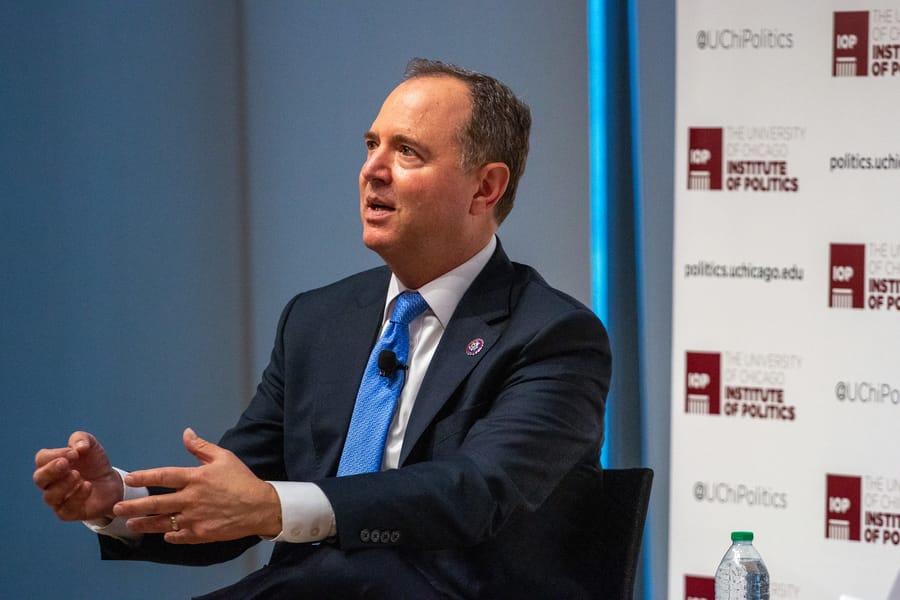U.S. state legislators are introducing strict regulations for cryptocurrency kiosks in the first quarter of 2025, following an FBI report that documented more than 5,500 complaints related to these machines nationwide in 2023, resulting in losses exceeding $189 million. The Maryland General Assembly is currently considering legislation that would regulate the state's more than 700 cryptocurrency kiosks, including registration and operational requirements, mandatory disclosure of transaction fees and exchange rates, and the provision of detailed receipts. Cryptocurrency-related scams particularly endanger the elderly – nearly 60% of complaints filed with the FBI came from individuals over 60 years of age, and nearly half of kiosk-related complaints in 2023 were from seniors.
The nationwide scale of the problem is illustrated by the fact that Americans suffered a total of $5.6 billion in losses from cryptocurrency-related scams in 2023, representing a 45% increase compared to the previous year. "These kiosks have become a haven for scammers to call people to say, 'There's a problem with your account. You need to deposit $4,500 into a nearby cryptocurrency kiosk because your account has been compromised,'" stated Tammy Bresnahan, senior director of advocacy for AARP Maryland. In response to the problem, bills have been introduced in at least 15 states, most of which would limit transactions to $1,000-$2,000 per day and impose fee caps of either a fixed $5 amount or 3-15% of the transaction value, while mandating the display of fraud warning notices.
Federal regulatory efforts have also been initiated after Senator Dick Durbin of Illinois introduced the Crypto ATM Fraud Prevention Act in early April 2025, which would implement restrictions at the national level. The bill would, among other provisions, prevent new users from spending more than $2,000 per day or $10,000 over a 14-day period to purchase cryptocurrency, and require companies to speak directly with new customers seeking to make transactions over $500. The Nebraska Legislature is also considering bill LB609, which would mandate the licensing of state operators, impose daily transaction limits, and cap fees. In 2023, Nebraskans reported 239 digital currency scam complaints, with total losses of approximately $14.6 million. Industry groups, such as the Crypto Council for Innovation, are seeking to work with policymakers to develop a regulatory framework that maintains access to cryptocurrencies while reducing fraud.
Sources:
1.

2.
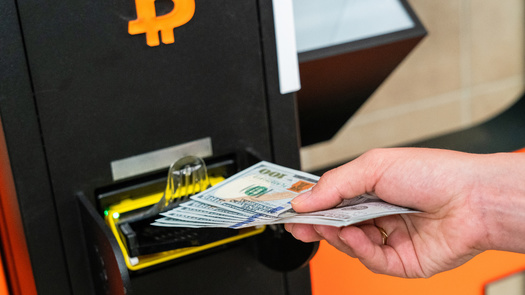
3.

4.
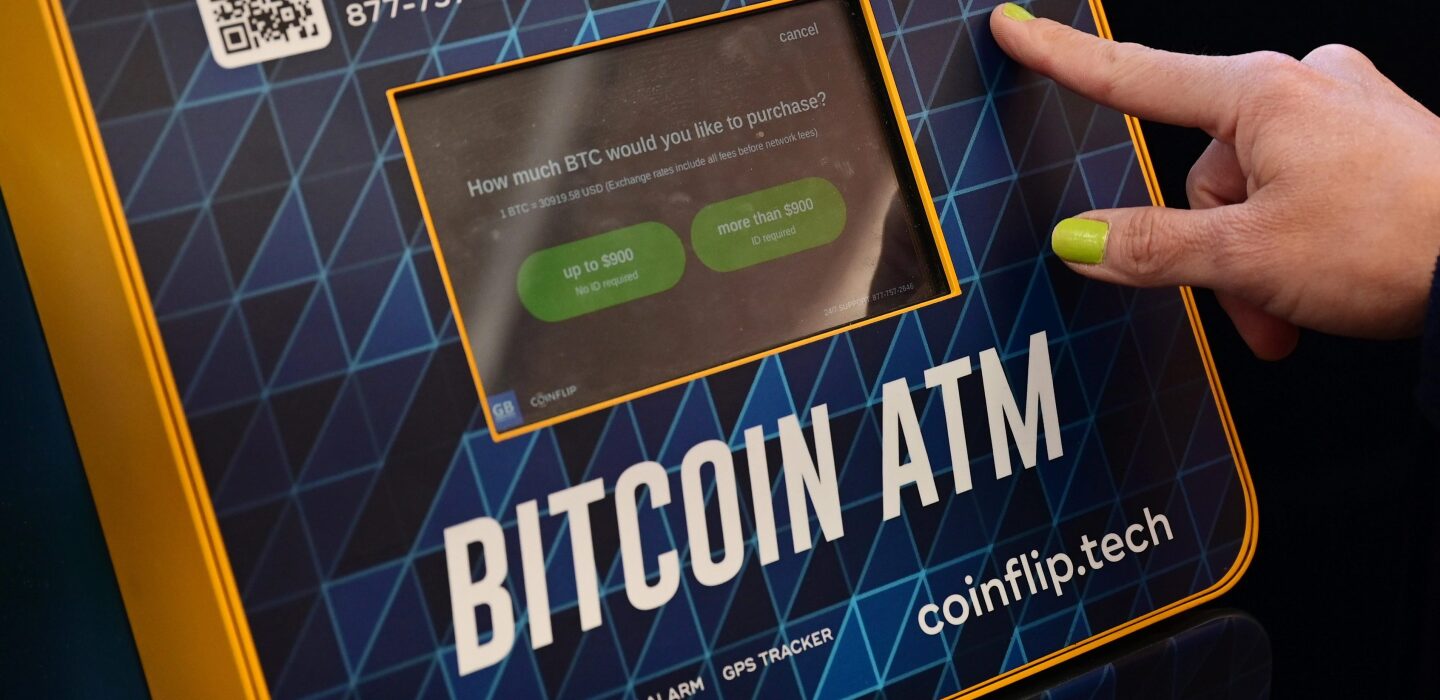
5.
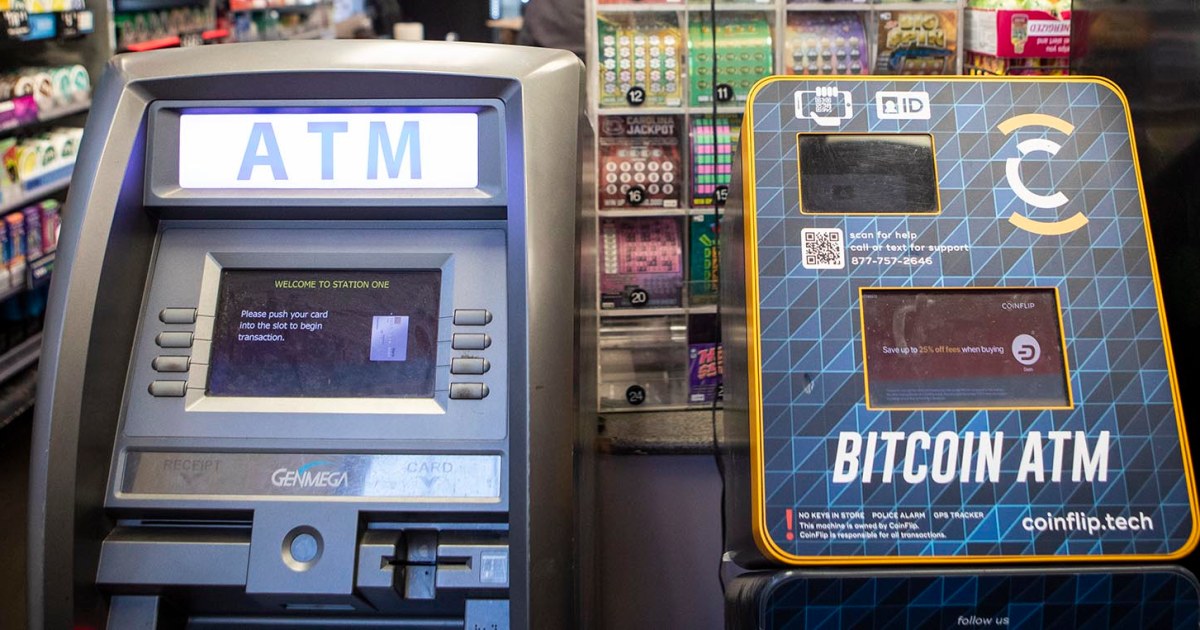
6.








